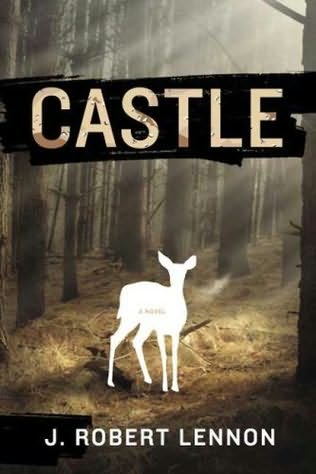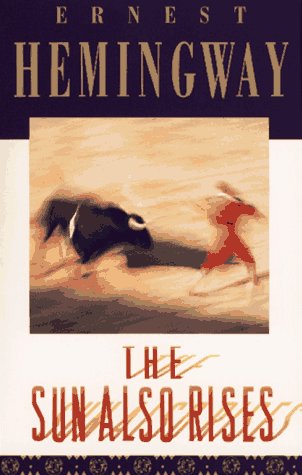
When I was in college, I saw
Tommy Boy for the first time. At one part, I laughed so hard that I fell off the sofa with tears in my eyes. I thought I was going to hurt myself.
Chris Farley was from Madison, Wisconsin. Maybe it was his Midwestern roots, or his Chicago connection, or my age when he was at his peak, but he was one of my favorite comedians. This book is a hilarious and heartbreaking oral history of Chris’s life by those who knew him best. I was laughing out loud at page 3, and nearly cried several times through the second half of the book. By the end, it had brought back all the good memories I had of watching his skits, and I felt like he was a friend I had grown up with.
Chris would do anything to be funny: not to get a laugh, but to give a laugh. Chris believed God gave him a talent and that it was his ministry in life to make people laugh so hard they cried. This comes through loud and clear from everyone in here. People loved Farley. He walked into a room and you laughed before he could say a word. He had such a good heart and such a giving personality.
What became apparent at the end of his life, was that he also had more than his fair share of demons. He wrestled with numerous addictions, constantly struggling with his weight, alcohol and drugs. He visited rehab more than a dozen times. His friends reached out to him time and again, but in the end, nobody could break his downward spiral.
All the big names are in here: Dan Akroyd, Lorne Michaels, David Spade, Adam Sandler, Tom Arnold, Chris Rock—all of his fellow Saturday Night Live cast members and writers, people who knew him from Second City and The Improv Olympic, as well as childhood friends and family. They paint a portrait of a spectacular man who, at his best, could light up any room with his larger-than-life personality and, at his worst, could tear up a room with drug-crazed antics.
There are a lot of facets to this book. Some celebrity exposé material, some stuff on Chris’s philosophy and what it was like to work with him, and a good deal on his complicated relationship with his father and the culture of alcoholism that ran through his family. The book chronicles his many trips to rehab and subsequent relapses. It covers his movie-making, including interesting bits on the movies that he had in the works (he was originally cast as Shrek and had recorded a good portion of the film and was trying to get a Fatty Arbuckle biopic off the ground). It talks about his deep faith and superstitious quirks and his on-the-set antics and friendships. But the most touching thing, I thought, was the amount of charity work he did unbeknownst to many of his closest friends. He visited old folks’ homes and hospitals regularly. He befriended a homeless man with whom he had dinner weekly and treated to plays and concerts (something nobody knew about until the man spoke at Chris’ funeral).
The toughest part of this book is that even as you find more and more to like about Chris Farley, it pulls no punches when it comes to discussing his addictions. And a sadness pervades all of the great and hilarious stories, because we all know how this one is going to end. I haven’t been this affected by a book in awhile. I still have a heavy heart.
On a strange side note, as I just finished the book, I looked on Facebook to see if there were any Chris Farley fan pages. There are. And then I noticed that today is his birthday. He would have been 44.







